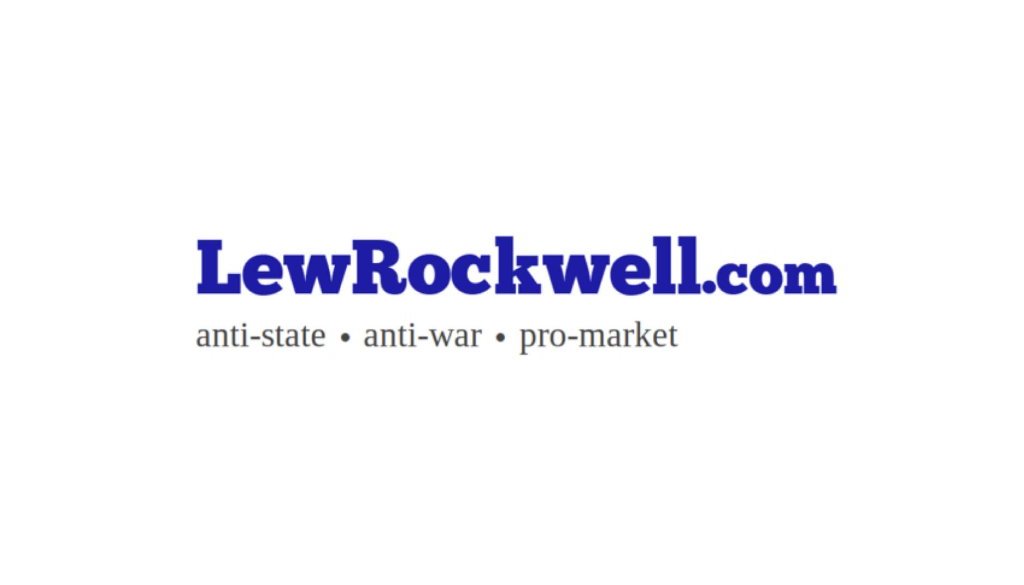Private Equity and Hospitals: Have They Finally Gone Too Far?
A long time ago when I was a kid, our local hospital was one of the rocks of our community. While it was not usually a destination of choice, you had confidence that the hospital was there solely for the purpose of taking care of you or your family when something went wrong. The hospital was a distinct entity, separate from the various businesses in town whose primary and necessary objective was to turn a profit.
I would hazard to guess that if some speculator came in who wanted to buy the hospital, leverage it up to the hilt, squeeze every last nickel out of it by skimping on supplies, cancel vital services and risk running it into the ground, well, that speculator would have been run out of town on a rail.
Those days are gone.
Private equity firms are doing just that – and their tentacles in health care are growing. Last year, they owned 460 hospitals, according to the Private Equity Stakeholder Project’s hospital tracker. Now, they own 488 hospitals. That represents:
- 8.5% of all private hospitals
- 22.6% of all for-profit hospitals
- At least 27.7% of private equity-owned hospitals serve rural populations, which generally have a higher percentage of financially vulnerable patients and fewer healthcare options
The growth in PE-owned hospitals raises a myriad of ethical questions. While the bottom line is important to all hospitals, whether non-profit or for-profit, PE-owned hospitals are on a different level in emphasizing profits, and the consequences can be devastating as we are about to find out.
Cerberus and Steward Health Care
Steward Health Care, the nation’s largest for-profit hospital group, filed for bankruptcy in May 2024. The story of Steward is a t
Article from LewRockwell

LewRockwell.com is a libertarian website that publishes articles, essays, and blog posts advocating for minimal government, free markets, and individual liberty. The site was founded by Lew Rockwell, an American libertarian political commentator, activist, and former congressional staffer. The website often features content that is critical of mainstream politics, state intervention, and foreign policy, among other topics. It is a platform frequently used to disseminate Austrian economics, a school of economic thought that is popular among some libertarians.



